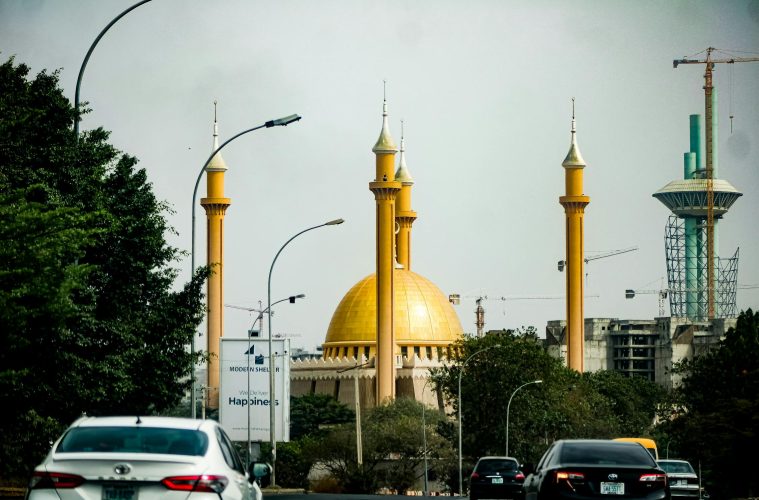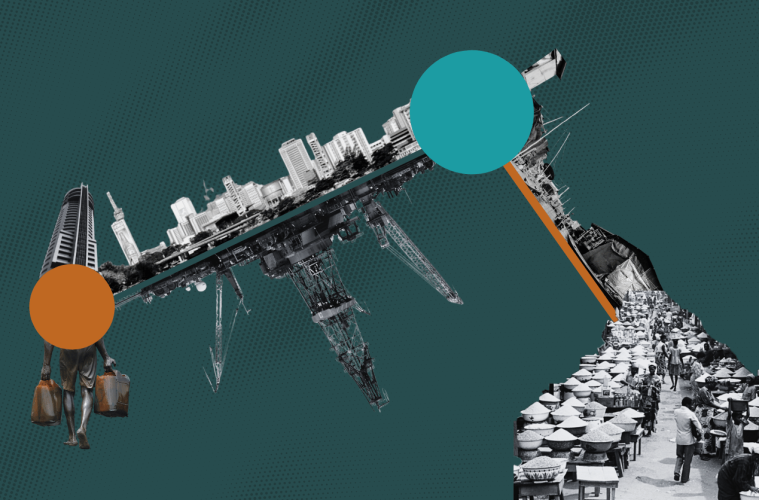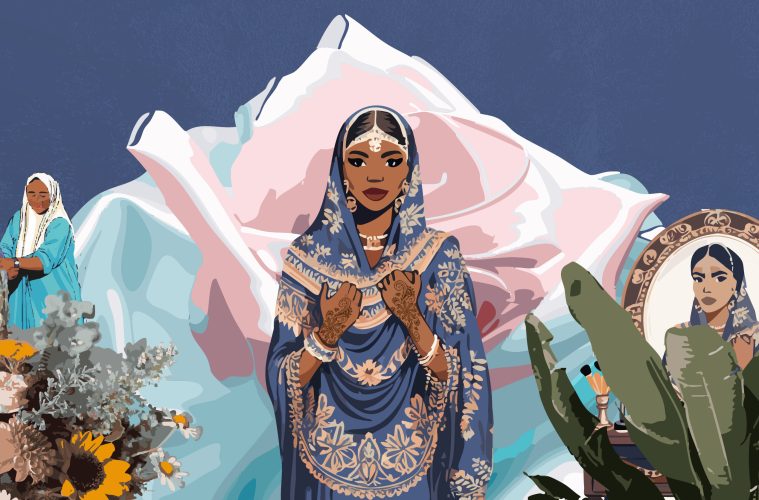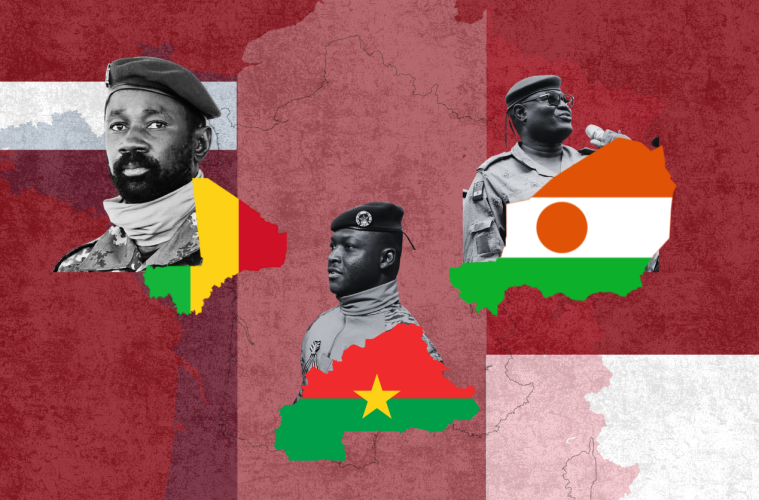We Are Hiring Researchers
The Republic is looking for detail-oriented and intellectually curious researchers based in Lagos and environs to support our work. Successful candidates will conduct rigorous research and interviews across topics in Nigerian history. Read More...











